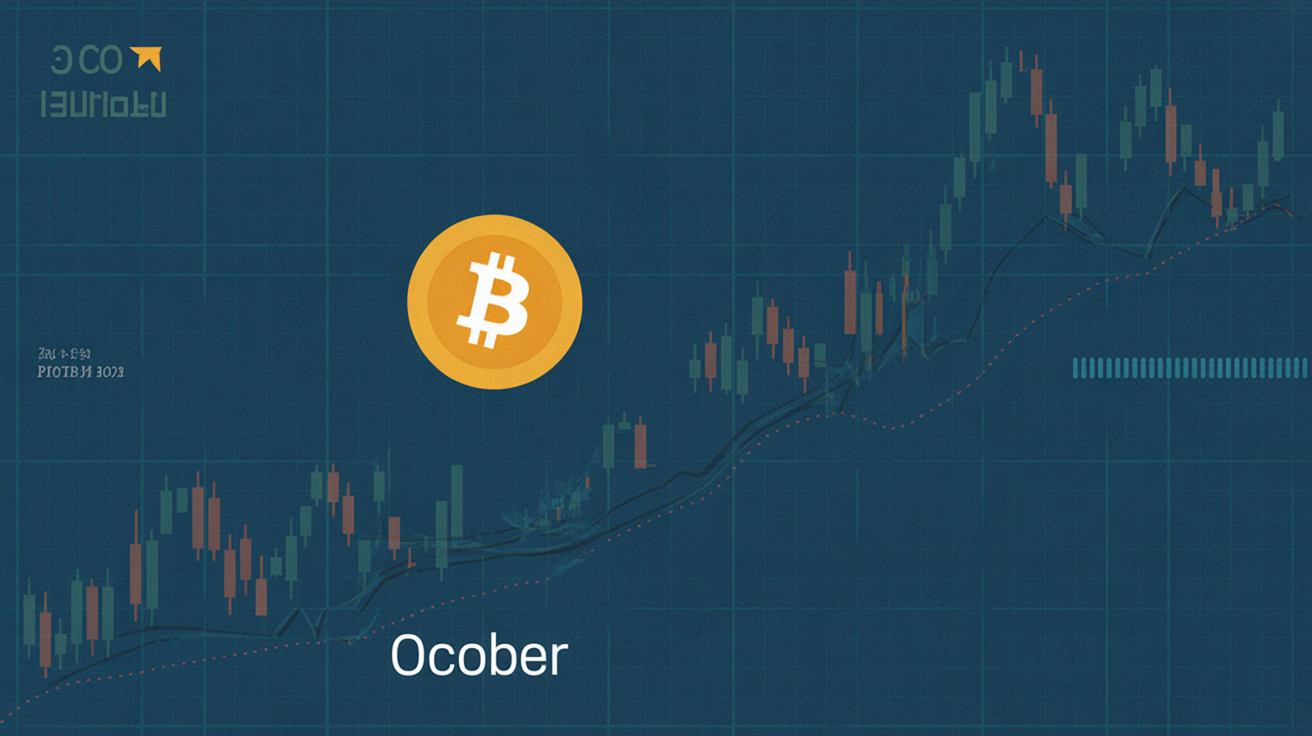SEC Greenlights In-Kind Redemptions for Spot Bitcoin, Ether ETFs — A Step Toward Market Maturity
The U.S. Securities and Exchange Commission (SEC) has approved in-kind creation and redemption mechanisms for spot bitcoin (BTC) and ether (ETH) exchange-traded funds (ETFs), aligning U.S. products with global ETF standards and potentially reshaping crypto market structure.
The move replaces the cash-based process — where authorized participants (APs) deliver or receive cash in exchange for ETF shares — with direct transfers of the underlying assets. This shift brings operational efficiency, reduces market volatility, and opens the door for deeper institutional adoption.
“This is a pivotal improvement for large-scale investors,” said Laurent Kssis, ETF specialist at CEC Capital. “The in-kind model removes forced transactions that can cause volatility, something we’ve seen successfully mitigated in European markets.”
Efficiency Gains for Institutions
Since launching in 2024, U.S. spot crypto ETFs have operated under a cash-only model. APs would deposit cash with ETF issuers, who then bought the underlying crypto on the open market — often at pre-scheduled times, concentrating trading volume and price swings.
With in-kind processes, APs now deliver BTC or ETH directly to the fund and receive ETF shares in return. The reverse occurs during redemptions.
“By cutting out the intermediary cash step, this new structure enables smoother, more organic flows,” Kssis noted. “It’s a game-changer in reducing liquidity stress during large creations or redemptions.”
Broader Market Impact
The change is expected to tighten ETF spreads, lower tracking errors, reduce arbitrage imbalances, and offer potential tax advantages. According to NYDIG, this will also lead to less trading pressure during net asset value (NAV) calculation windows — a key pain point under the cash model.
“This decision enhances market stability by enabling flexible execution,” NYDIG wrote in a note. “It reduces create/redeem costs and helps ETF prices stay better aligned with NAV.”
Cash-based redemptions have historically led to abrupt buying or selling of large crypto volumes, especially during market stress. Studies have shown that this can exacerbate volatility — a feedback loop that the in-kind model now aims to break.
“ETF issuers no longer need to flood the market with trades at once,” one analyst said. “This structure reduces pressure on the underlying asset and makes ETF flows less disruptive.”




























